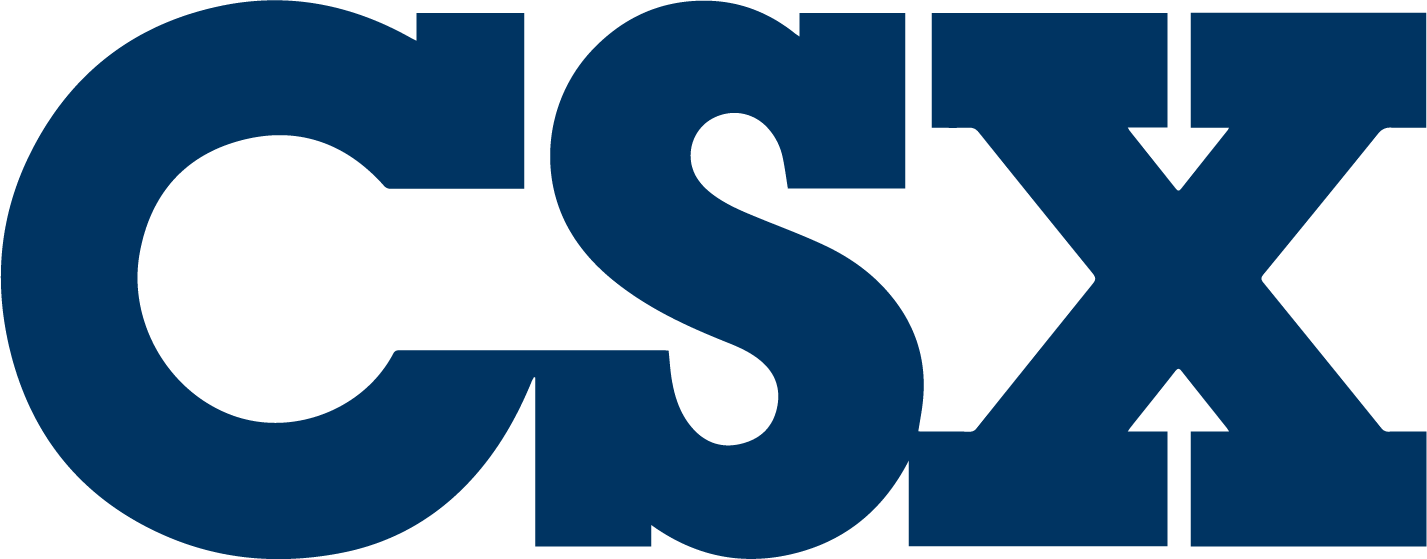

CSX AND C-TPAT
CSX is a member of the Customs-Trade Partnership Against Terrorism (C-TPAT) program, and works with Customs and Border Protection (CBP) to provide safe, secure transportation for customers. CBP helps to ensure the integrity of security practices and communicate security guidelines to businesses throughout the supply chain.
STATUS VERIFICATION INTERFACE (SVI) CODES
CSX is committed to the safety and security of the international supply chain and is proud to be a participating member of C-TPAT.
To confirm participation and get more information, go to the SVI website . Use "CSX Corporation" and its assigned SVI number, 8e7c7d2f-e1ee-4db8-bb90-4bfeab61368f. For more information about C-TPAT, visit the U.S. Customs web site.
If you have additional questions, contact your CSXT Intermodal Customer Service representative.
GOVERNMENTAL REQUIREMENTS AND PROGRAMS
High Security Seals
C-TPAT importers, carriers and manufacturers who wish to qualify for expedited processing and other related benefits under the U.S./Mexico FAST initiative are required to adhere to procedures, protocols and standards with regards to the use of high security seals.
For information, refer to Seal Requirements for Manufacturers
Trade Act of 2002
The Trade Act of 2002 requires advanced transmission of electronic cargo information to CBP for arriving and departing cargo. To learn more, see the FAQs on the CBP website.
Bioterrorism Act of 2002
The Bioterrorism Act of 2002 requires that the FDA receive prior notice before food is imported or offered for import into the United States.
Review Prior Notice requirements
Solid Wood Packaging Materials
There are requirements, effective September 16, 2005, concerning the use of solid wood packaging materials in international shipments under the International Phytosanitary Standards.
Review Wood Packaging Materials requirements
Ultimate Consignee Reporting Requirements and Wholesale Shipments
There are reporting requirements for identifying the ultimate consignee, including for wholesale shipments, when the ultimate consignee is not known at the time of billing.
Review Ultimate Consignee Reporting requirements
Export Reporting Requirements
The U.S. Census Bureau issued a Notice of Proposed Rulemaking and Request for Comments in the Federal Register/Vol. 70, No. 32 on Thursday, February 17, 2005, announcing its proposal to require mandatory filing of export information through the AES or AESDirect for ALL shipments where a Shipper's Export Declaration (SED) is currently required.
30-Day Grace Period to Implement New Softwood Lumber Act of 2008
U.S. Customs and Border Protection's office of international trade has advised the trade community of a 30-day grace period starting August 18, 2008 for implementation of the new Softwood Lumber Act of 2008 reporting requirements. The new law requires importers to provide additional data elements to CBP for all importations of softwood lumber and softwood lumber products, as described in the Act. CBP urges the trade to implement the Softwood Lumber Act of 2008 data collection requirements as soon as feasible before September 18. For questions about the SLA 2008, e-mail [email protected]. For additional information, please visit the Trade section of CBP.gov.
TRANSBORDER SHIPPING
For information about required shipping instructions, refer to Service Directory 1.
Click here for more resources on Customs and Security.